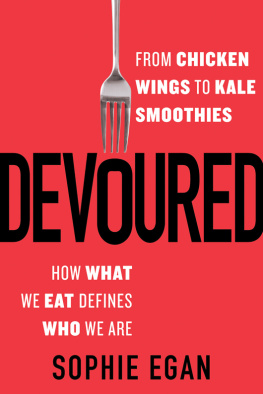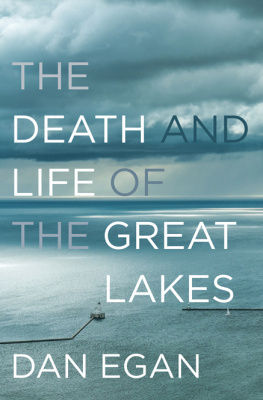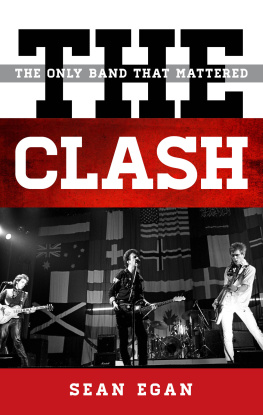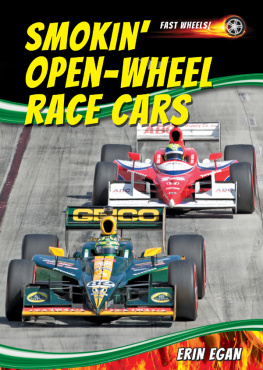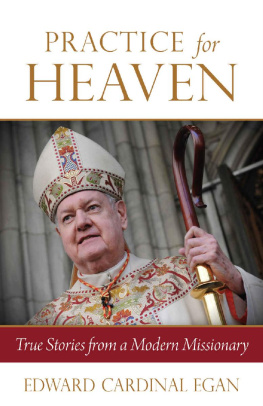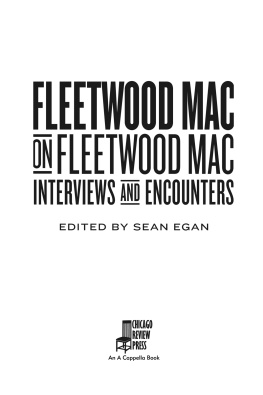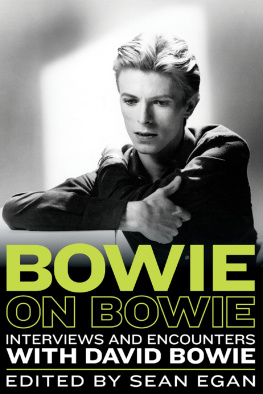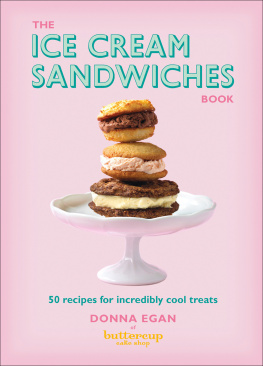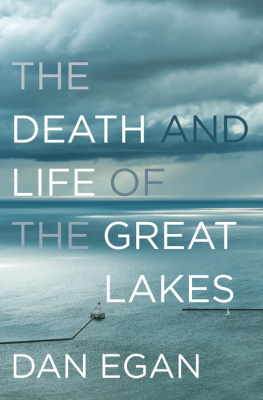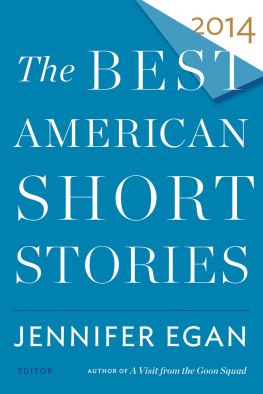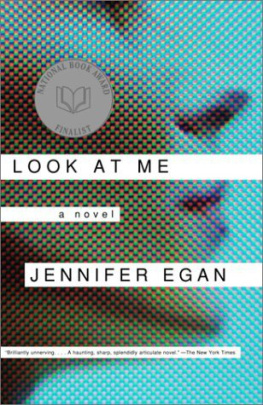Y ears ago, the first person I ever told that one day I wanted to write a book about food in America was my college advisor at the time, the passionate Stanford history professor Carolyn Lougee Chappell. She recommended books for me to read and helped stoke my fascination with food culture that had been sparked as a fourth-grader living in Italy.
When I was in grad school, there were several people who pushed me to take the idea of writing a book from an if to a when: Jen Lachance, whose magic worked not only on me but on every student who has ever walked into her office with either a problem or a goal; each of the 2014 UC Berkeley Center for Health Leadership Fellows; Rebecca Aced-Molina, my life coach, who put up with my squirming throughout the first year at the very idea of life coaching; and Bob Klein at Oliveto Restaurant, who agreed to our will-work-for-penne-bolognese arrangement and who planted the seed of my obsession with whole grains (now in full bloom).
This book is what it is because of the unmatched mentorship of Michael Pollan. During his writing seminar and our many sessions talking through my book proposal, he offered patient, thoughtful guidanceand always with a huge smile on his face. What has meant most is that he genuinely cares. Thats why, beyond the writing, he has patiently and thoughtfully helped me make pretty much all my major life decisions ever since. Michael, Ive been trying for years now to find exactly the right words to thank you, and in this case, there simply arent any. So Ill just say: To think that it all started with a Doritos Locos Taco! And I look forward to whats ahead.
It was also through Michael that I found my fantastic fact checker, Heather Mack. Shes a great writer to boot, so Im sure well all be reading her book next.
I would like to acknowledge two editors at Sunset magazine who saw potential early on and went out of their way to give me opportunities to grow as a writer: Margo True, who walked me through not only the first book I ever contributed to but the first recipe I ever developed in the test kitchen (veggies for breakfast!), and MacKenzie Huynh, who is also a dear friend, running partner, and constant career cheerleader. Mac, you are such a talented writer, and your work was a huge inspiration on the path to finding my own voice. Speaking of Sunset, Haley Bowlings vision for me as an author came so early on that I dont know where to begin with a proper thank-you.
At The New York Times Well section, I am grateful to killer editing by Toby Bilanow, and for all the opportunities to bring my story ideas to life; to Tara Parker-Pope for imparting some important journalism lessons that I have taken with me throughout this book project; and to Anahad OConnor for sharing his own experience as an author, not to mention a great bicoastal friendship. I learned from the many, many outstanding writers at that desk that although we may be writing about science, there is still much art in the writing.
At The Culinary Institute of America, I would like to thank Will Rosenzweiga mentor in every sense of the wordand Christina Adamson and Greg Drescher for their sincere support from day one.
Thank you to all the people who generously gave their time to be interviewed for this book. And to Ciara Gay, the gifted artist behind the beautiful illustrations that open each chapter.
It goes without saying that the book would not have been possible without my editor, Henry Ferris, and everyone at William Morrow: Liate Stehlik, Lynn Grady, Shelby Meizlik, and Leah Carlson-Stanisic. Production editor Rachel Meyers and copy editor Georgia Maas made some great saves, and Im grateful for the fine teeth on their combs. Henry delivered laser-focused edits and much-appreciated trips to the chopping block. More than anything, thank you for not merely sharing my vision for this project but taking the words right out of my mouth. (Yes, its a book about food, but its not a food book. Its a who-we-are book!) It has been a joy to work with someone who so often sees eye-to-eye with me, and at the same time has really good reasons for not seeing eye-to-eye with me, which, of course, make everything way better.
I owe much gratitude to my literary agent, Carol Mann, for all her enthusiasm about the topic and for asking the right questions, as well as the tough love from her savvy readers. In particular, I cherish the sound advice she offered at our first meeting to give this thing another year to marinate.
I am grateful for thorough reads by three people who were nice enough to donate their brilliant ideas at no charge: Mollie West, Ashley Baker, and Joe Lyssikatos.
Nailing the right title took some doing. Thank you to my brainstorming task force of Dave Kintz, Keenan Newman, my brother, Casey Egan, and my mom, Joni Balter (Eats true! Your fungry ideas and smart edits were a great help in getting across the finish line, as were your reminders not to eat staples, which arent as nutritious as they sound). And thanks to Kintzes near and far for the steady stream of thumbs-ups the whole way through. To my dad, Tim Egan, thank you for a lifetime of book talk on the deck, far-flung research trips, and an in-house apprenticeship that taught me years worth of lessons about writing, all in the span of a dark, rainy holiday season. Im honored to finally be joining you on the shelf.
Last, to my husband, Sam Kintz. Its because of him that I took an evening food-writing class at a time when my day job was turning my brain to mush; its because of him that I eventually started pouring all my energy into chasing the book dream; and its because of him that everything else happened in between, so that people can actually be reading these words on this page right now. Sam, thank you for continuing to be what youve always been: my sounding board, my biggest fan, and my best friend.

Books
Anderson, Heather Arndt. Breakfast: A History. Lanham, MD: Rowman & Littlefield, 2013.
Belasco, Warren. Food: The Key Concepts. New York: Berg, 2008.
Benedetti, Umberto. The Lifestyle of Italian Internees at Fort Missoula, Montana, 19411943, Bella Vista. Missoula, MT: Umberto Benedetti, 1986.
Brym, Robert J., and John Lie. Sociology: Your Compass for a New World. 2nd ed. Mason, OH: Cengage Learning, 2010.
Counihan, Carole M. Food in the USA: A Reader. New York: Routledge, 2002.
Dacko, Scott G. The Advanced Dictionary of Marketing: Putting Theory to Use. New York: Oxford University Press, 2008.
DeWitt, David. The Founding Foodies: How Washington, Jefferson, and Franklin Revolutionized American Cuisine. Naperville, IL: Sourcebooks, 2010.
DiStasi, Lawrence, and Sandra Gilbert. Una Storia Segreta: The Secret History of Italian American Internment During World War II. Berkeley, CA: Heyday, 2001.
Duncan, Thomas Cation. How to Be Plump, Or, Talks on Physiological Feeding. Chicago: Duncan Brothers, 1878.
Elias, Megan. Lunch: A History. Lanham, MD: Rowman & Littlefield, 2014.
Foxcroft, Louise. Calories and Corsets: A History of Dieting over Two Thousand Years. London: Profile Books, 2012.
Gaonkar, Anilkumar. Food Processing: Recent Developments. New York: Elsevier Science, 1995.
Glassner, Barry. The Gospel of Food: Why We Should Stop Worrying and Enjoy What We Eat. New York: HarperCollins, 2007.
Grayson, Robert. The U.S. Industrial Revolution. Edina, MN: Abdo Publishing, 2010.
Janni, Paolo, and George McClean, eds.

